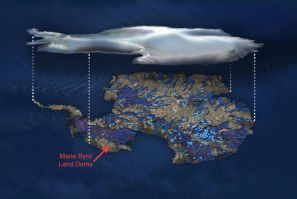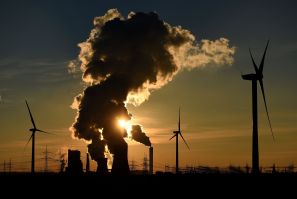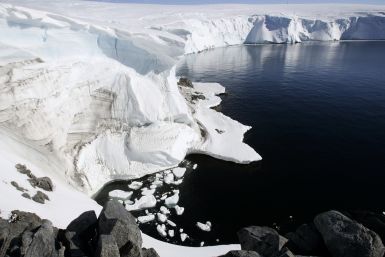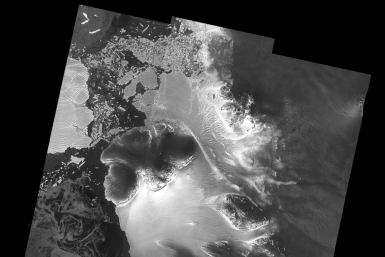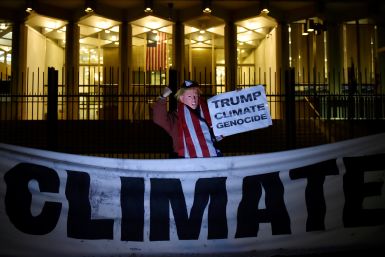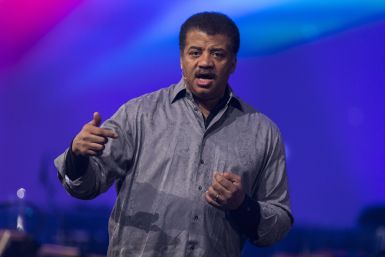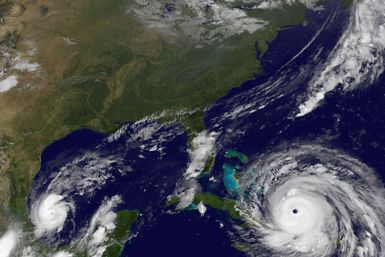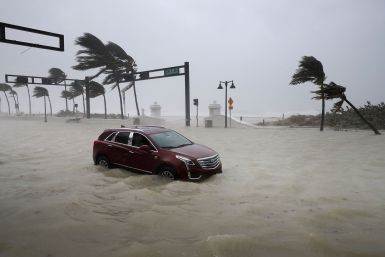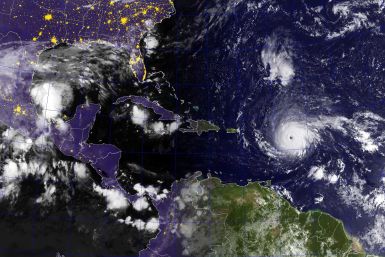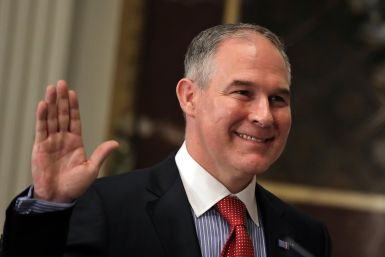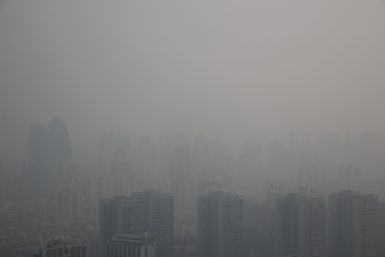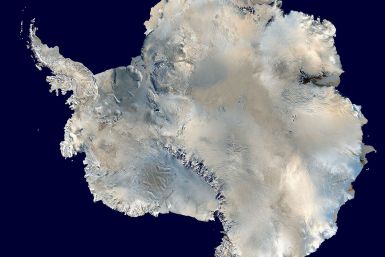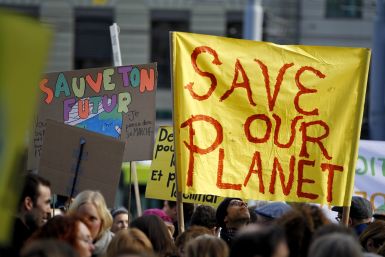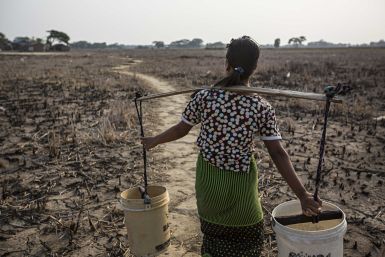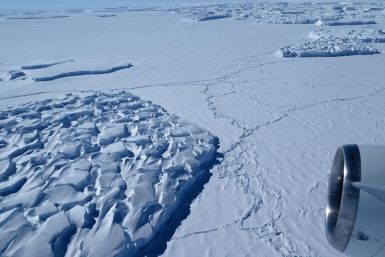Under most climate change scenarios, the ash cloud thrown up by a big eruption would block out the sun, which in turn would cool Earth.
As global warming causes glaciers to melt, global sea levels have been rising steadily in the recent years, but that was not the case at the end of the last ice age.
New satellite imagery shown massive canyons of missing ice under ice shelves. Scientists say that this is weakening the shelves and have provided an explanation for the same.
Researchers don't know why a huge hole formed in the middle of Antarctic sea ice.
Methane is next only to carbon dioxide in its warming effect as a greenhouse gas and India is its world’s second-largest emitter, according to official data.
A 26-year-long research has astonished scientists. Levels of carbon emission from heated-up soil is much higher than expected, which could trigger very devastating increase in temperature over time.
The massive iceberg that broke off of an Antarctic glacier this weekend may indicate a bigger issue.
Just 1.5 degrees Celsius of warming before the turn of the century might be possible according to a new study.
Neil deGrasse Tyson once again took on climate change deniers, this time focusing on those who "cherry pick" science to prove their own points.
Irma sustained 185-mph winds for 37 hours, a feat that no hurricane had achieved till then, leading people to start the rumor that it was a "Category 6" storm.
Only weeks before Hurricane Irma came ashore, Florida U.S. Rep. Bill Posey reintroduced legislation designed to block federal regulators from forcing companies to better disclose their climate-related risks to shareholders.
Hurricane Irma closes in on the coast of Florida — a state where officials banned the terms “climate change,” “global warming” and “sea-level rise.”
EPA spokesman said it shouldn't be a surprise the agency won't sponsor climate leadership awards.
A committee key for making climate data easier for the government to use was disbanded over the weekend.
The ICESat-2 satellite will have an instrument on board that will measure the elevation of ice worldwide.
The Montreal Protocol was signed decades ago to save the ozone layer, but it has actually slashed greenhouse gas emissions.
Scientists have identified almost 100 previously unknown volcanoes under the ice in Antarctica.
Emails say some staff at the USDA's Natural Resources Conservation Service told employees to replace "climate change" with "weather extremes" after Trump took office.
New study suggests climate change is linked to a rising suicide rate in India, that is particularly hurting farmers.
A new study claims that going outside may become deadly across widespread regions in India by the end of the century because of climate change.
Survey finds people around the world see ISIS and climate change as biggest national security threat, but Americans differ.
Melting ice in Antarctica could send a lot of a dangerous greenhouse gas into the atmosphere, but microbes are eating all of that methane and helping us out.






